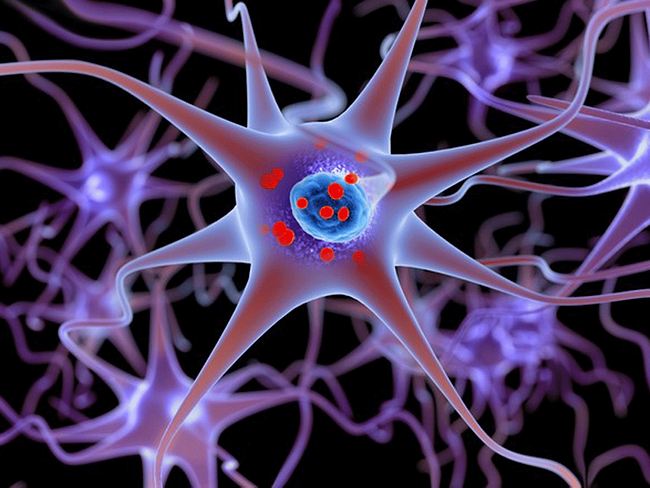
Articles Tagged with ''Parkinson’s disease''
Neurology/Psychiatric
WPC 2023: Encoded single-chain antibodies to slow Parkinson’s disease progression
Read MoreNeurology/Psychiatric
Novel TRPML1 activator SAM-001 shows reversal of PD pathology in animal models
Read MoreNeurology/Psychiatric






